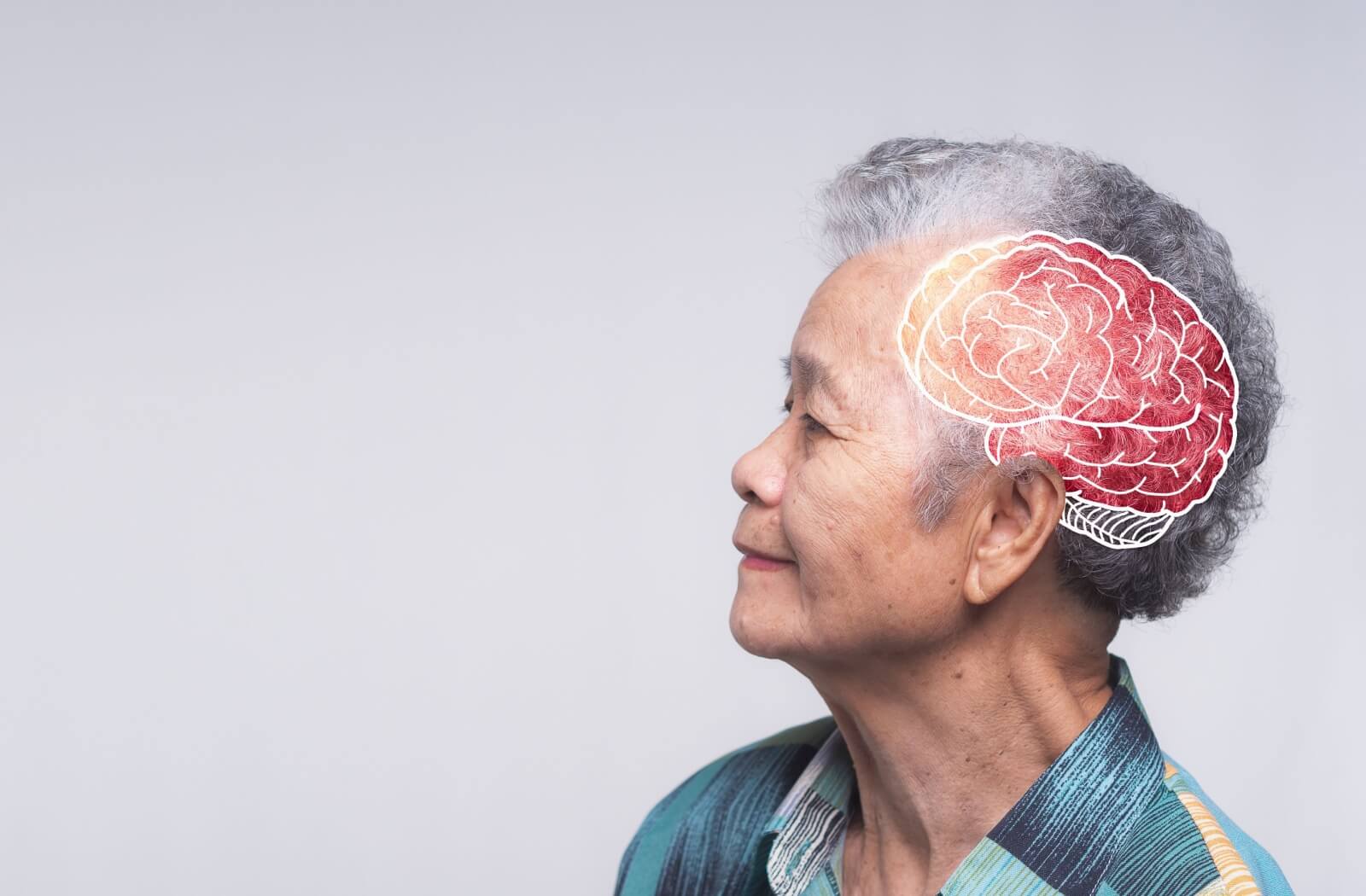Memory care practices have evolved significantly in older adult living, emphasizing innovative approaches that enhance daily living for individuals with memory impairments.
These practices are essential in promoting a high quality of life, fostering independence, and ensuring residents feel valued and understood.
From creative arts and social engagement to personalized care plans and a supportive environment, these innovative memory care practices enhance daily living for individuals in memory care communities.
The Role of Creative Arts in Memory Care
One of the most progressive approaches in memory care is the integration of creative arts. Art therapy is not merely an activity but a transformative tool that helps individuals express themselves beyond words. Engaging in creative arts provides a medium for residents with memory impairments to communicate their emotions and experiences, which might otherwise remain unexpressed.
Art therapy is integral to many memory care programs. This approach stimulates cognitive function and enhances emotional well-being, providing residents with a sense of achievement and purpose.
The therapeutic benefits of art extend beyond painting and drawing. Music, dance, and drama are also incorporated to evoke memories and encourage social interaction. These activities are designed to be inclusive, offering residents a safe space to explore their creativity and connect with others. By fostering creativity, memory care communities can ignite a spark of joy and engagement in residents’ daily lives.
Social Engagement & Its Impact
Social engagement is another cornerstone of effective memory care. Human connection is crucial for individuals with memory impairments, as it helps combat feelings of isolation and depression.
Memory care communities emphasize the importance of creating an environment where residents can interact freely and form meaningful relationships. Regular social activities and group events encourage residents to engage with their peers, staff, and the surrounding community.
These interactions are more than just friendly exchanges, they are vital for maintaining cognitive health. Studies have shown that social engagement can slow cognitive decline and improve the overall mental health of individuals with dementia. By prioritizing social activities, memory care providers can create a vibrant community where residents feel supported and included.
Personalized Care Plans

Personalized care plans are at the heart of innovative memory care practices. Understanding that each resident is unique, these communities tailor their care strategies to meet the individual needs and preferences of their residents. This personalized approach makes sure that each person receives the attention and care they deserve, which is crucial for their comfort and happiness.
Care plans are developed through comprehensive assessments, taking into account the resident’s history, interests, and health status. This tailored approach not only addresses the specific needs of each resident but also empowers them to maintain autonomy in their daily lives.
By focusing on personal preferences and capabilities, care providers can enhance the quality of life for individuals with memory impairments.
The Importance of a Supportive Environment
Creating a supportive and nurturing environment is fundamental in memory care. The physical and emotional environment is designed to be calming and inviting. This includes the layout of living spaces, which are structured to be easily navigable, reducing confusion and stress for residents. Additionally, staff members are trained to provide compassionate care, fostering a sense of safety and trust.
A supportive environment also extends to the family members of residents. Memory care communities encourage family involvement, offering support groups and educational resources to help families understand their loved one’s condition and care needs. This holistic approach ensures that both residents and their families receive the support they need.
Implementing Innovative Practices for Supported Living
By adopting a holistic approach that includes creative arts, social engagement, personalized care, and a supportive environment, memory care communities can significantly enhance the quality of life for individuals with memory impairments.
Implementing these practices begins with a commitment to understanding the needs of residents and investing in staff training to deliver compassionate and personalized care. Communities can also benefit from forming partnerships with local artists and community groups to expand their creative offerings and foster deeper community involvement.
The Transformative Impact of Innovative Memory Care Practices
Innovative memory care practices like those at Juniper Communities are redefining daily living for individuals with memory impairments. By embracing creativity, social engagement, and personalization, care providers can create environments where residents thrive.
These practices not only improve the quality of life for residents but also provide peace of mind for their families, knowing their loved ones are supported and cherished. As the field of memory care continues to evolve, these practices offer a promising path forward for enhancing daily living support and quality of life for all residents.
With enriching creative arts programs, personalized care plans, and a nurturing community, Juniper Village at Forest Hills offers a supportive and vibrant environment. Don’t wait—reach out now to learn more or schedule a visit to see firsthand how we empower residents to thrive and enjoy a high quality of life. Your journey to exceptional memory care starts here.







